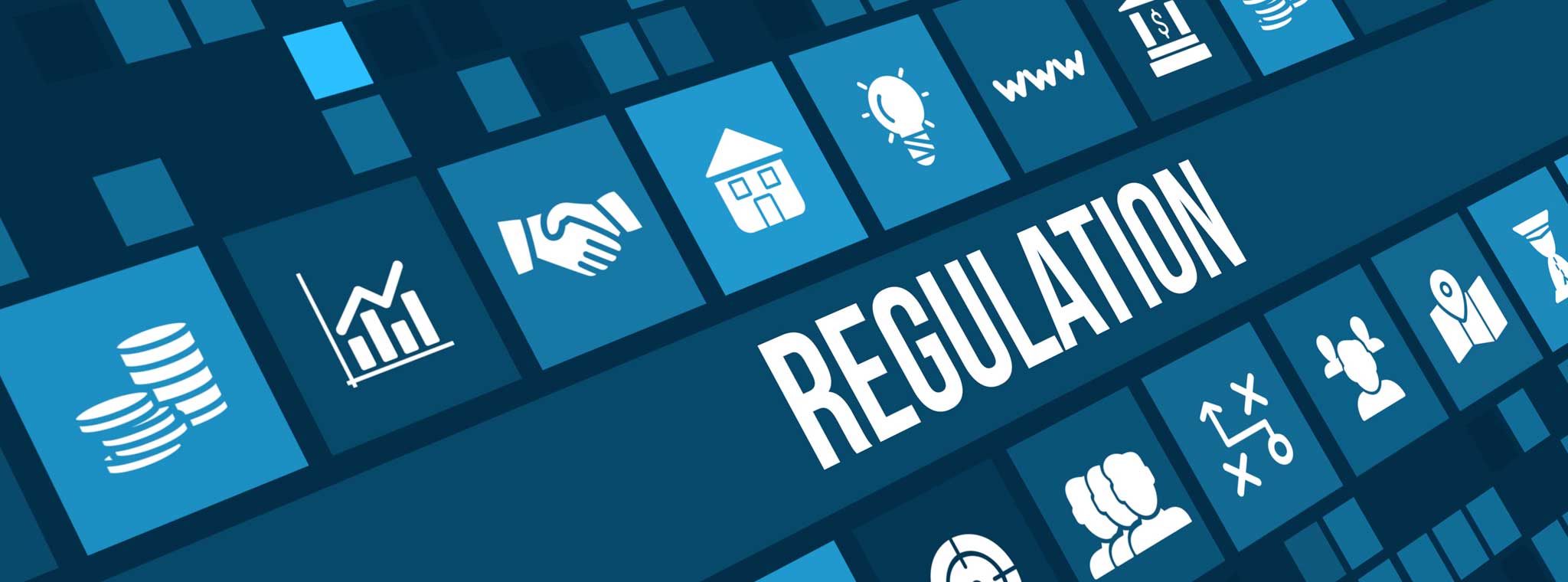© 2019-2021 copyright mark calkins


By Catherine Rampell
May 28, 2020
Deregulation always, promises President Trump. Unless of course it comes to his political enemies.
Furious that Twitter deigned to fact-check him, Trump has threatened “big action” against the company, including through an executive order signed Thursday. He accused social media platforms of silencing conservatives and vowed to “strongly regulate, or close them down, before we can ever allow this to happen.”
Constitutional scholars point out that shuttering a private firm for producing speech the president dislikes would violate the First Amendment. Notably, it also contradicts a core plank of his economic agenda: reducing burdensome government interventions and regulations, wherever possible.
White House aides love to brag that Trump’s regulatory rollbacks have unshackled entrepreneurs and boosted the economy. They’re always a little vague on details, alas; they have yet to explain how allowing power plants to dump more arsenic into the water supply or legalizing a pesticide that gives children brain damage (yes, these are real Trump administration rules) is likely to turbocharge economic growth.
That’s because the pretense was nonsense from the start. Trump’s regulatory agenda was never about helping the economy; it was always about rewarding friends and punishing enemies. White House officials have weaponized the “administrative state” they claim to hate and have repeatedly tried to strangle disfavored groups with regulations and red tape.
Not just Twitter, either.
Arbitrary delays in processing visa applications, for example, have been used to punish immigrants and the companies that employ them. U.S. Citizenship and Immigration Services has rejected visa applications because applicants lack a middle name. It has also waited to mail approved visas until (oops!) after the visas had already expired.
The additional costs and uncertainty these processing changes create for workers and their employers are a feature, not a bug.
Elsewhere, both federal and state officials have ratcheted up bureaucratic hurdles for the poor, as Georgetown University professors Pamela Herd and Donald P. Moynihan have documented.
Right now, for example, states can decide a poor family is automatically eligible for food assistance if the family is enrolled in other means-tested safety-net programs. The Trump administration is trying to block states from doing this, and require more paperwork to prove eligibility. By the administration’s own calculations, this would cause 1 million children to lose their automatic eligibility for free school lunches.
The administration, of course, argues that its regulatory decisions are determined not by Trump’s political whims but by meticulous analysis of what’s best for the economy. Helpfully, a method exists to check their work: the cost-benefits analysis that agencies must produce ahead of major rule changes.
These records show, however, that the administration has repeatedly struggled to prove that its regulatory actions actually increase economic and social welfare.
To get the numbers to work out in its favor, the administration has had to cook the books.
Consider the rollback of fuel-efficiency standards finalized in March. (Hey, no time like a respiratory pandemic to relax air pollution standards.) Some of the largest automakers opposed the rollback. For this perceived betrayal, the Trump administration retaliated with a different weaponization of the administrative state: a bogus antitrust investigation.
In the meantime, administration officials kept calculating — somewhat inconveniently — that their rule would impose more costs than benefits. So, they tortured the data until it confessed. They fiddled with the numbers and determined that under certain unrealistic assumptions, the rule kinda sorta might offer net economic benefits.
At least if you squint. But still probably not even then.
This was hardly a one-off. Agency after agency has concocted accounting gimmicks that would make an Enron executive blush. Sometimes the administration hasn’t even bothered to cook the books and has instead issued regulatory changes that even by its own accounting produce net economic costs.
But those costs are borne by people Trump dislikes, so who cares?
Such was the case for the administration’s Title X “gag rule,” which bars reproductive health clinics that receive federal funds from referring patients to even outside abortion services. Same with a regulation allowing health-care professionals to refuse service to LGBTQ patients in the name of religious freedom.
The only upside to this slapdash math is that it makes the administration’s most damaging and punitive regulatory changes less likely to hold up in court. Already, the Trump administration has lost more than 90 percent of the legal challenges to its regulatory policies, according to New York University’s Institute for Policy Integrity. By comparison, previous administrations lost only about 30 percent of the time.
At least if you squint. But still probably not even then.
This was hardly a one-off. Agency after agency has concocted accounting gimmicks that would make an Enron executive blush. Sometimes the administration hasn’t even bothered to cook the books and has instead issued regulatory changes that even by its own accounting produce net economic costs.
But those costs are borne by people Trump dislikes, so who cares?
Such was the case for the administration’s Title X “gag rule,” which bars reproductive health clinics that receive federal funds from referring patients to even outside abortion services. Same with a regulation allowing health-care professionals to refuse service to LGBTQ patients in the name of religious freedom.
The only upside to this slapdash math is that it makes the administration’s most damaging and punitive regulatory changes less likely to hold up in court. Already, the Trump administration has lost more than 90 percent of the legal challenges to its regulatory policies, according to New York University’s Institute for Policy Integrity. By comparison, previous administrations lost only about 30 percent of the time.
“A lot of these losses have been because of the poor quality of the analysis — who’s harmed, who’s helped, by how much,” said Richard Revesz, a law professor who directs the institute.
The only thing that may save us from the administration’s regulatory vindictiveness is its incompetence.